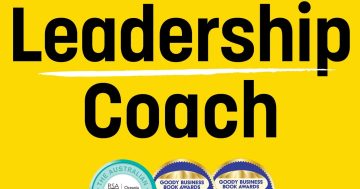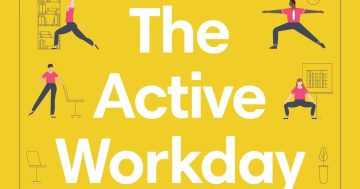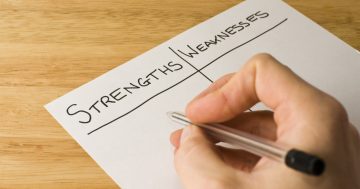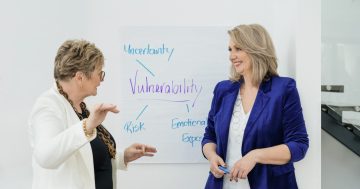Jane McNeill* asks if the current changes resulting from the coronavirus pandemic risk limiting peoples self-confidence and discusses ways people can maintain faith in their own abilities.
 Most of us, at some stage or another, question ourselves. We question our abilities, our skills, our judgement.
Most of us, at some stage or another, question ourselves. We question our abilities, our skills, our judgement.
We worry that we’re not good enough. We listen to the self-deprecating thoughts buzzing around in our minds and we take those thoughts to heart.
After all, we’re all human and all of us experience a dent to our self-confidence at some stage or another, some more regularly than others.
But, as we emerge into a completely new era of work, do the current changes resulting from the coronavirus pandemic risk limiting our self-confidence even further?
A nuanced skillset is needed to work well
The world has been shaken by the recent crisis and we all pressed pause on various aspects of our lives, both professionally and personally.
Since the pandemic began, it’s therefore possible that negative feelings may have become more frequent for you – particularly if you’ve been thrown additional challenges that you had never previously dealt with.
Some things may have changed forever, such as our key priorities or the way we communicate with our colleagues.
Other changes may only be temporary, such as taking on additional duties outside our usual remit.
Either way, many things have completely turned on their head – and that can be extremely unsettling.
You may also now be working in a hybrid team, where some employees are returning to their pre-COVID-19 co-located workplace and others continue to work remotely.
To work well in such a hybrid team, you’ll need to draw on your soft skills, especially your collaboration, communication, self-motivation, time management and change agility skills.
One key soft skill that is often overlooked in this context is the need to be self-confident, or in other words the need to have faith in your own abilities, skills and judgement.
It’s difficult to think of an event in recent history that has sparked so much change in such a short period of time.
In fact, there have been so many new changes to digest that building our self-confidence is key if we are to continue to adapt quickly and be successful in this new era.
How to become more self-confident at work
Self-confidence is a skill.
It’s something we can all master with learning, practice and persistence.
Think about it – if you lack confidence in public speaking and make a concerted effort to improve in this area, your confidence will grow over time.
So, how can we train ourselves to become more confident and, in turn, optimise how well we work?
While a lot of your success will come from finding your feet and establishing new routines and rituals, there are a few tricks you can try:
Develop a growth mindset and see challenge or failure as an opportunity to learn;
Appreciate what you’re good at and where your unique strengths lie – and remind yourself of these daily;
Be self-aware regarding your negative self-deprecating thoughts and keep your inner-critic in check;
Always set daily goals, broken down into smaller tasks, and work towards achieving these each day – tick them off as you go and consider each completed task as an accomplishment;
Celebrate and acknowledge any small wins or positive feedback – consider creating a ‘smile file’ that you can refer to when you have a tough day or share any successes with a colleague or friend;
Always be honest about how you’re feeling with your close network. They will help give you a boost when you need it;
Step outside your comfort zone and challenge yourself from time to time – and acknowledge the bravery it took to do so;
Give yourself autonomy by setting a structure for your day, learning new skills and looking after your wellbeing.
When working on building your self-confidence, remember that you are perfecting a skill – the more you practice these habits, the more self-confident you’ll become.
It’s that simple.
In this new world of work, we are faced with a whole host of fresh challenges.
As with any other challenge that you’ve faced before, a degree of self-confidence is needed to overcome and master it.
Building self-confidence isn’t easy, but it can be done with practice, patience and persistence.
We hope you’ve found these simple steps useful in helping you silence your inner-critic and find the confidence you need to succeed at work, both now and in the future.
*Jane McNeill is Managing Director of Hays NSW and WA.
This article first appeared at hays.com.au











